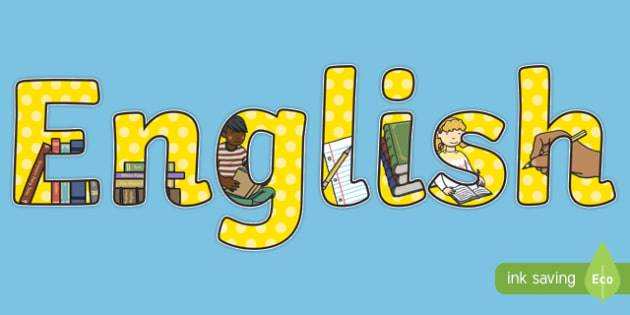
Grammar, punctuation, spelling, handwriting and composition are vital English skills. Phonics is taught explicitly in the Early Years Foundation Stage, KS1 and where necessary in KS2. We use newly DFE approved Twinkl Phonics to support and enhance our teaching of high quality phonic work to teach our children how to read and spell words. As the children move into KS2, they are taught set spellings every week and given the opportunity to apply the spelling rules they have learnt across the curriculum. Punctuation and Grammar are taught explicitly in KS2 as well as being an integral part of our English Lessons.
Please see below for further support resources.
Class 1 English Long Term Plan 2025-2027
Class 2 English Long Term Plan 2025-2027
Class 3 English Long Term Plan 2025-2027
Class 4 English Long Term Plan 2025-2027
Year 1 English Guide for Parents
Year 2 English Guide for Parents
Year 3 English Guide for Parents
Year 4 English Guide for Parents
Year 5 English Guide for Parents
Year 6 English Guide for Parents
Reading allows us to be transported from our own world to another. Between the pages of a book, we can become immersed in the lives of fictional characters and learn about a culture entirely different from our own. We can also learn new words and phrases, experience a range of emotions, and acquire skills and knowledge.